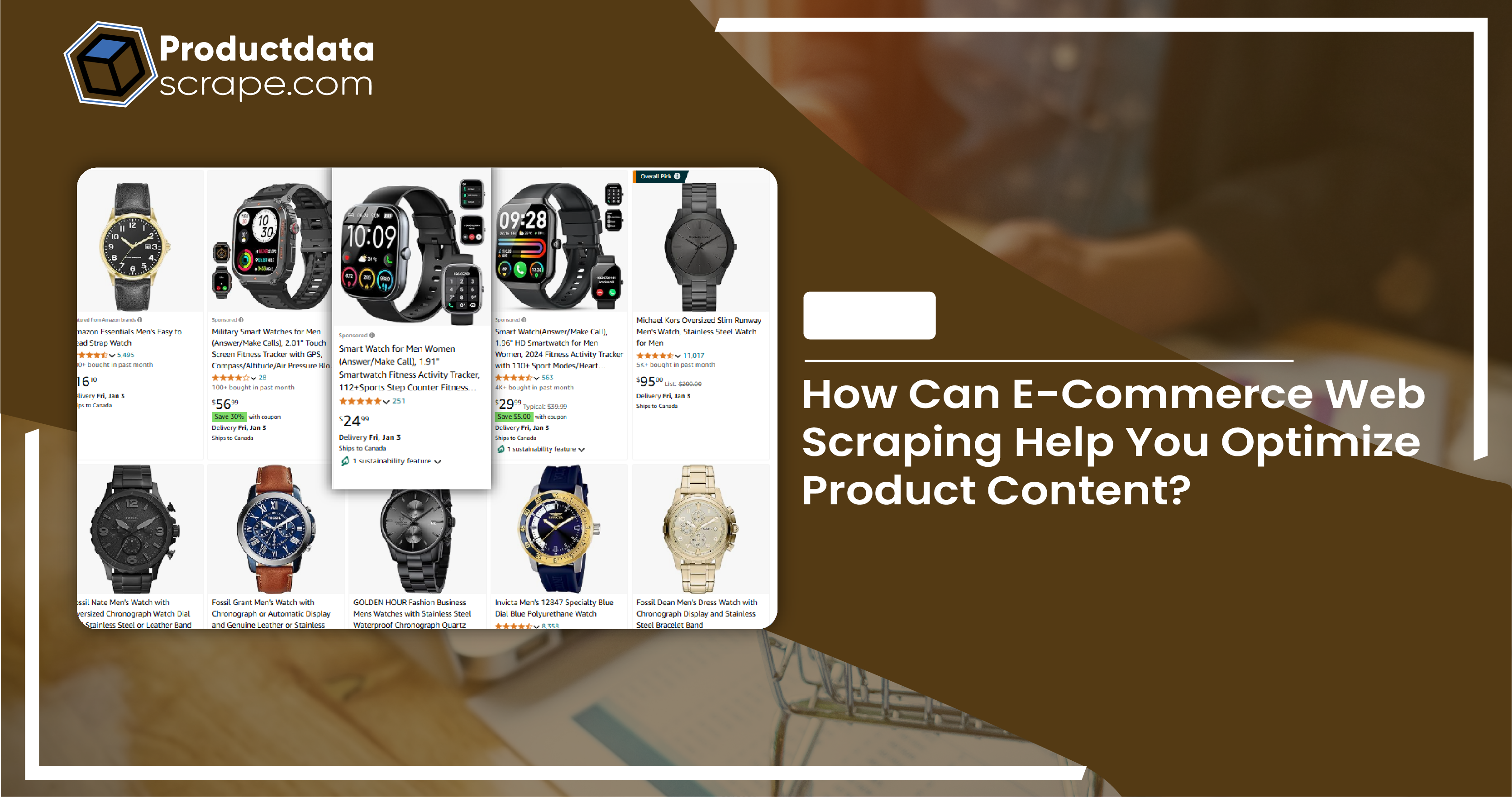
Introduction
The competitive landscape of e-commerce is rapidly evolving, compelling businesses to
optimize their operations and enhance customer experiences. Among the diverse strategies
available, e-commerce web scraping has proven to be a transformative tool for improving
product listing management. By employing e-commerce data scraping, businesses can extract valuable insights such as pricing, customer reviews, and inventory levels from competitors'
websites. This data empowers businesses to scrape e-commerce product listings, enabling
them to refine product descriptions, implement dynamic pricing strategies, and stay ahead in a
competitive market. With the ability to gather real-time and actionable insights, companies can
better adapt to the ever-changing demands of the e-commerce sector, ensuring their product
offerings remain relevant and appealing to consumers. Leveraging e-commerce web scraping
supports operational excellence and fosters a competitive edge in today's fast-paced digital
marketplace.
Understanding Web Scraping for E-commerce
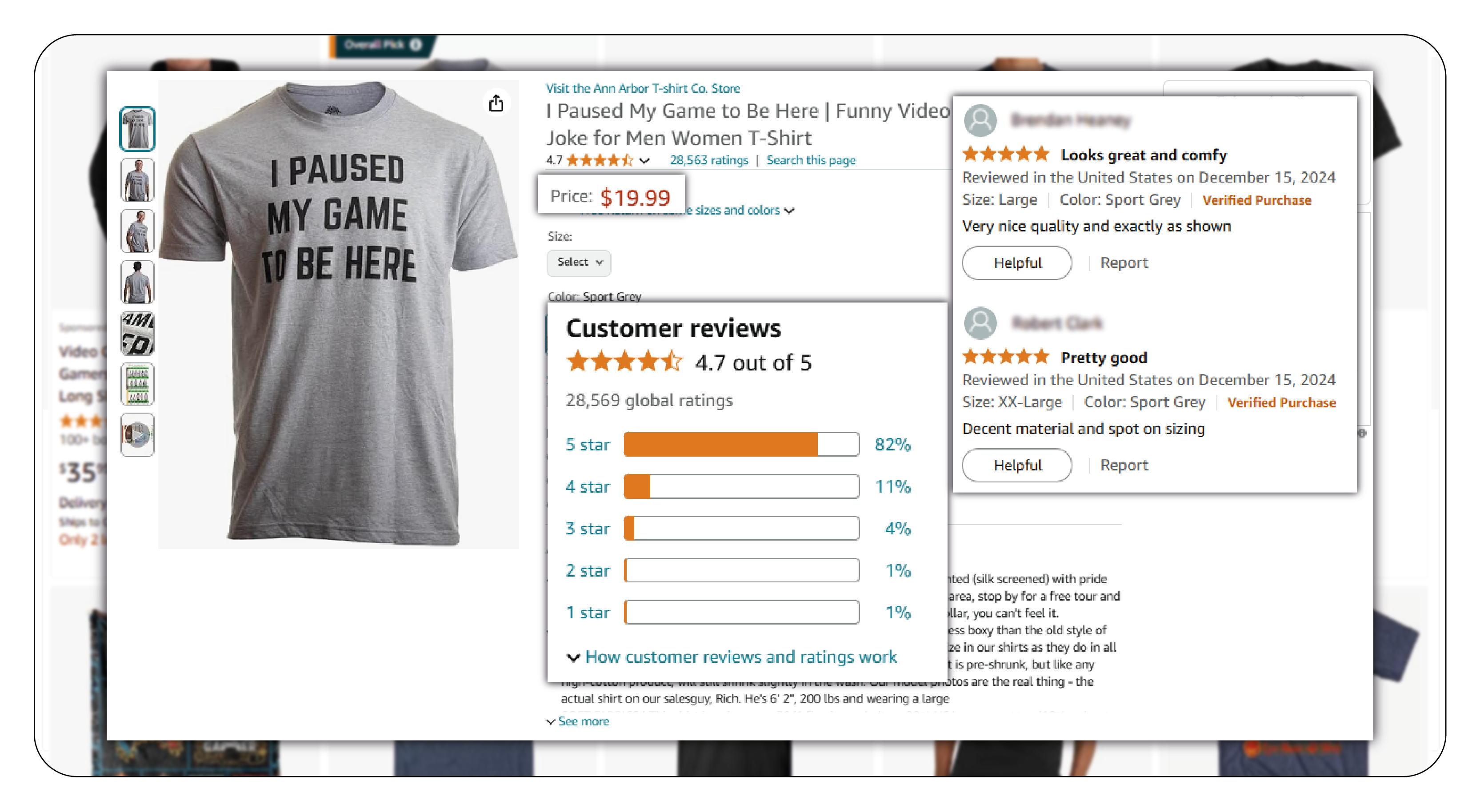
Web scraping is the automated process of extracting information from websites. When applied to e-commerce, web scraping e-commerce data focuses on collecting data such as product descriptions, pricing, customer reviews, inventory status, and promotional offers. This data can be instrumental in driving decisions that improve product listings' overall quality and appeal. For e-commerce businesses, accurate and comprehensive product listings are essential. They ensure customers have sufficient information to make informed purchase decisions. Poorly managed listings with missing or outdated information can reduce customer trust and lost sales. E-commerce data scraping services address these challenges by providing real-time, actionable insights that help businesses effectively extract e-commerce product listing data and stay competitive.
The Role of Web Scraping in Enhancing Product Listing Management
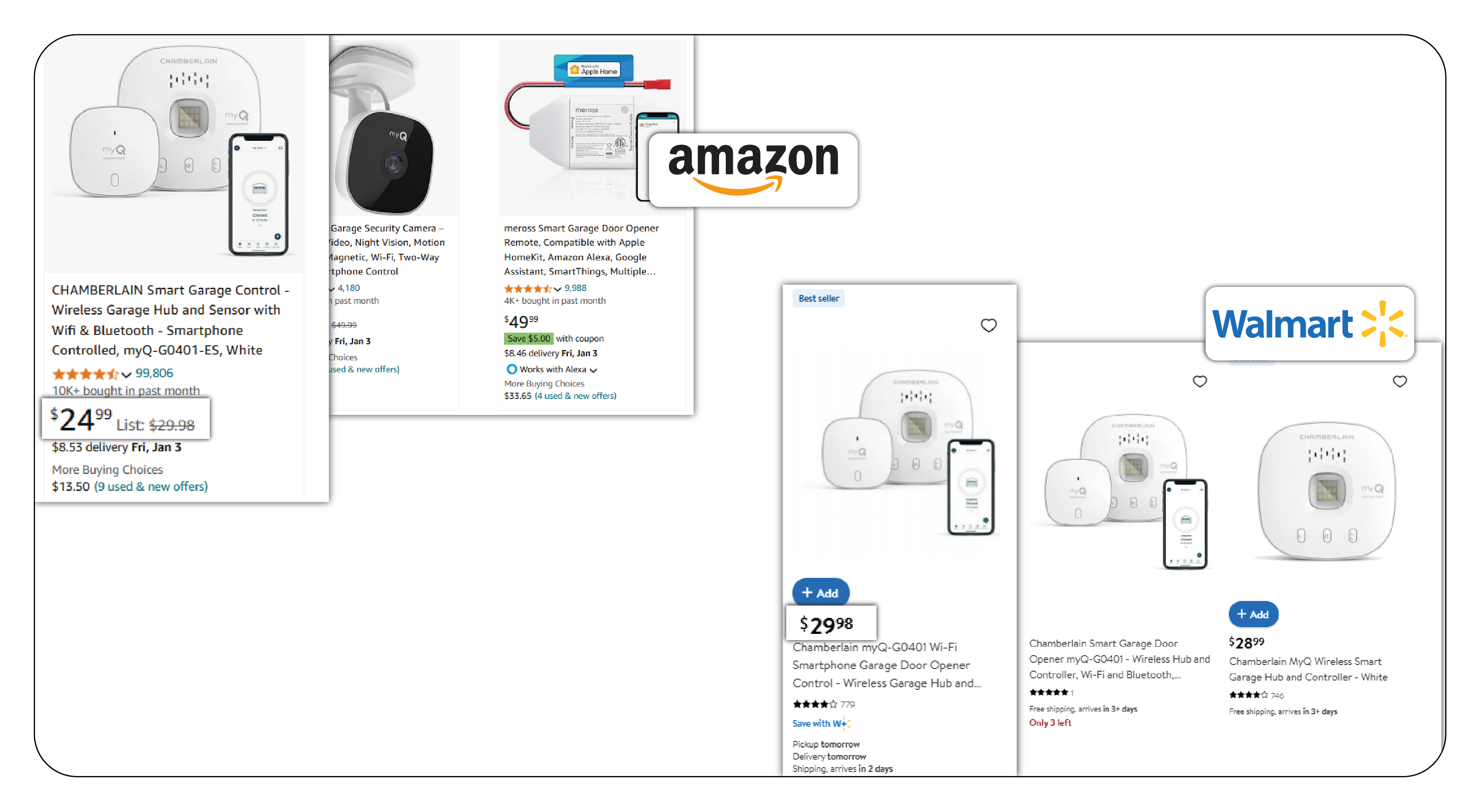
Web scraping enhances product listing management by providing real-time data insights. It enables businesses to refine product details, optimize pricing, monitor competitors, and improve customer experiences, ensuring a competitive edge in the e-commerce landscape.
- Competitive Pricing Analysis: Pricing is one of the most critical factors influencing customer purchase behavior. Scraping e-commerce website data allows businesses to monitor competitor pricing strategies in real-time. By gathering data on how competitors price similar products, e-commerce businesses can adjust their pricing strategies to remain competitive. This dynamic pricing capability helps attract price-sensitive customers while maintaining profitability.
- Product Content Optimization: Well-structured and detailed product descriptions are pivotal in engaging customers. E-commerce product scraping helps collect product information from competitors and manufacturers, providing valuable insights into how similar products are described. This data enables businesses to refine their product descriptions, incorporating relevant keywords, features, and benefits that resonate with potential buyers. Optimized content improves search engine visibility and enhances customer engagement and conversion rates.
- Inventory Management: Inventory status is another critical aspect of e-commerce product listings. Extract e-commerce product data to track competitors' stock levels, allowing businesses to identify trends in product demand. This information helps businesses anticipate demand fluctuations and manage their inventory accordingly. For instance, if a competitor runs low on a popular product, an e-commerce business can strategically stock up and capture the unmet demand.
- Customer Review Analysis: Customer reviews are a goldmine of insights for e-commerce businesses. By scraping customer feedback from competitors' websites or third-party review platforms, businesses can understand what customers like or dislike about specific products. This information can be used to improve product offerings, highlight key selling points, and address common concerns in product listings through eCommerce dataset scraping.
- Promotional Campaign Insights: Promotions and discounts are widely used in e-commerce to attract customers. Web scraping e-commerce websites enables businesses to monitor competitors' promotional strategies, including the timing, duration, and type of discounts offered. This data allows businesses to design more effective promotional campaigns to capture customer attention and drive sales.
- Marketplace Trends Identification: The e-commerce market is dynamic, with trends shifting rapidly. Web scraping allows businesses to monitor emerging trends by analyzing product categories, best-seller rankings, and new arrivals on competitors' websites. Staying ahead of these trends ensures businesses can introduce relevant products and update their listings to meet customer expectations.
Benefits of Web Scraping for Product Listing Management
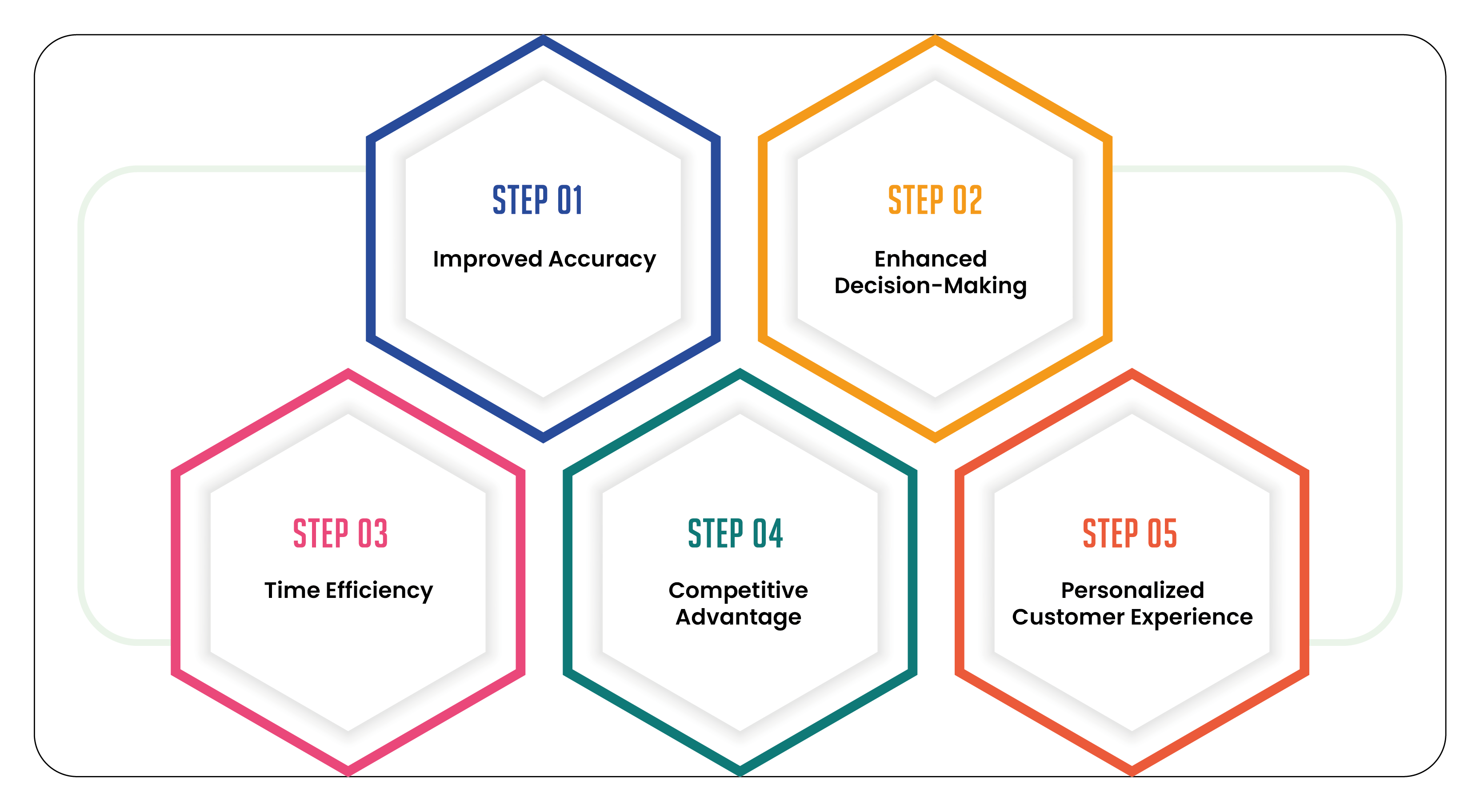
The application of web scraping in e-commerce provides numerous benefits that enhance product listing management and overall business performance. These benefits include:
- Improved Accuracy: Web scraping ensures that product listings are updated with the latest information, reducing errors and inconsistencies that could harm the customer experience.
- Enhanced Decision-Making: The data gathered through web scraping offers actionable insights, enabling businesses to make informed decisions regarding pricing, inventory, and product offerings.
- Time Efficiency: Automating the data collection process saves time and resources compared to manual research, allowing teams to focus on strategy and execution.
- Competitive Advantage: Businesses that leverage web scraping gain a significant edge by staying informed about competitor strategies and market trends.
- Personalized Customer Experience: Businesses can tailor their product listings to better align with customer needs and expectations by analyzing customer reviews and preferences.
Ethical Considerations and Best Practices
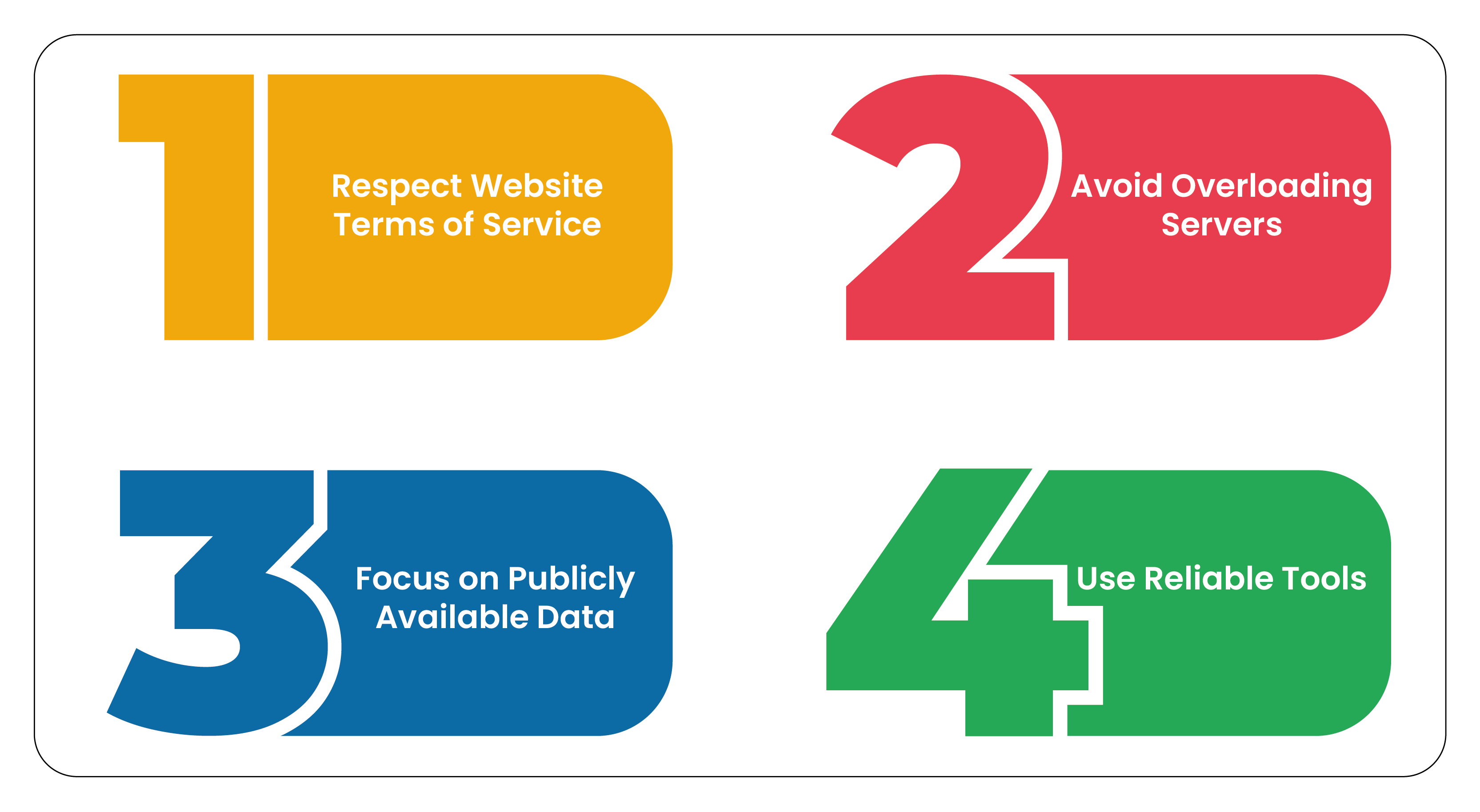
While web scraping offers immense value, it must be conducted ethically and within the bounds of legal compliance. Unauthorized scraping can lead to legal disputes, reputational damage, and loss of access to critical data sources. To avoid these pitfalls, businesses should adhere to the following best practices:
- Respect Website Terms of Service: Always review and comply with the terms of service of the websites being scraped. Obtain explicit permission if required.
- Avoid Overloading Servers: Use techniques like rate limiting and random intervals between requests to minimize the load on target servers and avoid detection.
- Focus on Publicly Available Data: To reduce the risk of legal issues, restrict scraping activities to publicly accessible data.
- Use Reliable Tools: Employ reliable web scraping tools or services that ensure data accuracy and compliance with industry standards.
Real-World Applications of Web Scraping in E-commerce
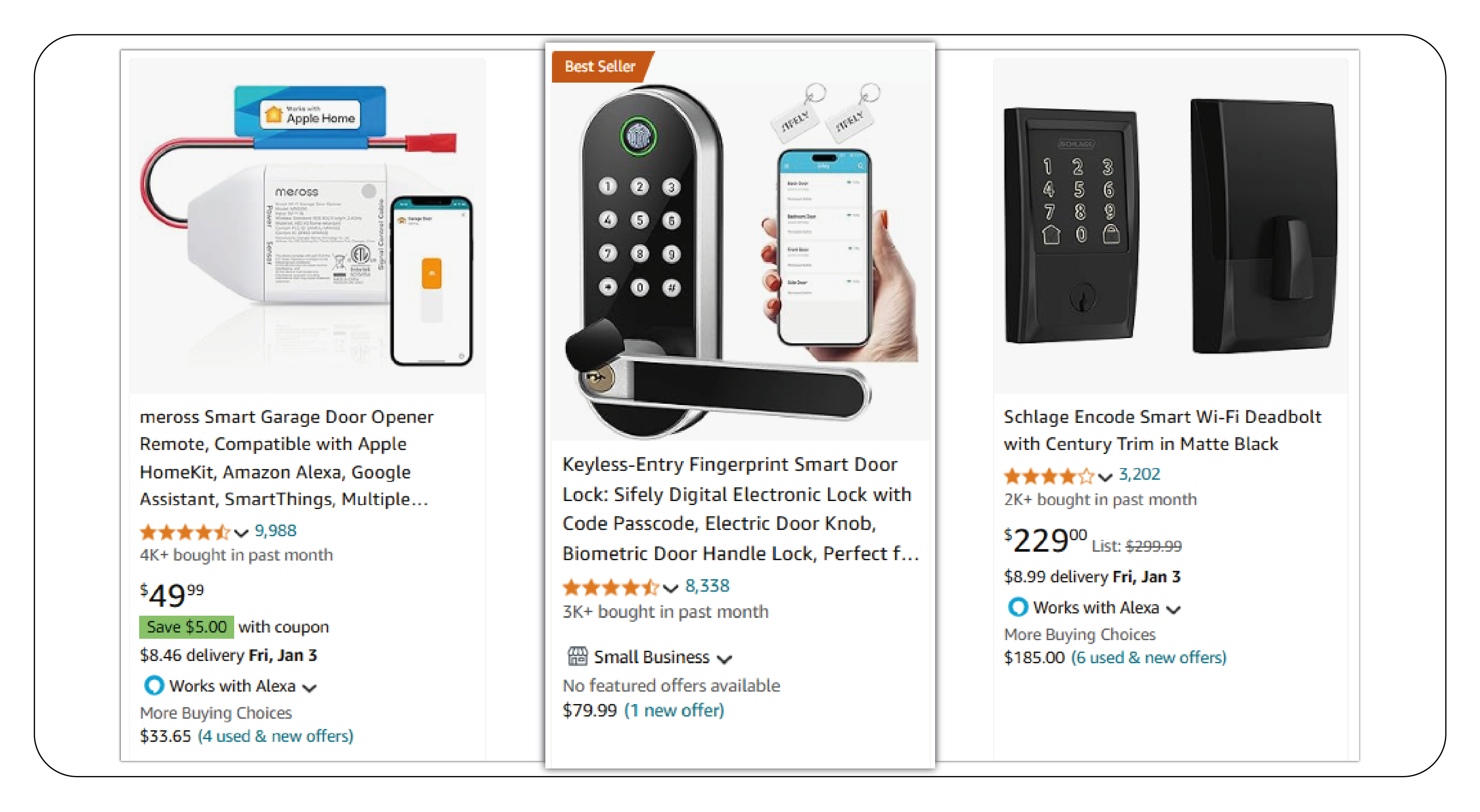
The impact of web scraping on e-commerce product listing management is evident in several real-world applications:
1. Amazon Sellers: Amazon sellers often scrape competitor data to optimize their product listings and win the coveted Buy Box. By analyzing competitor pricing, customer reviews, and best-seller rankings, they can fine-tune their strategies to increase sales and visibility.
2. Global Marketplaces: E-commerce platforms operating in multiple regions use web scraping to track localized competitor strategies and customer preferences. This enables them to tailor product listings for specific markets.
3. Dropshipping Businesses rely heavily on web scraping to monitor supplier inventories and update their product listings in real time. This ensures they avoid listing out-of-stock products, maintaining customer trust.
4. Consumer Electronics Retailers: Consumer electronics retailers use web scraping to track rapidly changing prices and promotional offers, enabling them to stay competitive and attract cost-conscious shoppers.
5. Fashion E-commerce: Fashion retailers leverage web scraping to identify trending products and styles, ensuring their offerings remain relevant and appealing to customers.
Challenges and Solutions
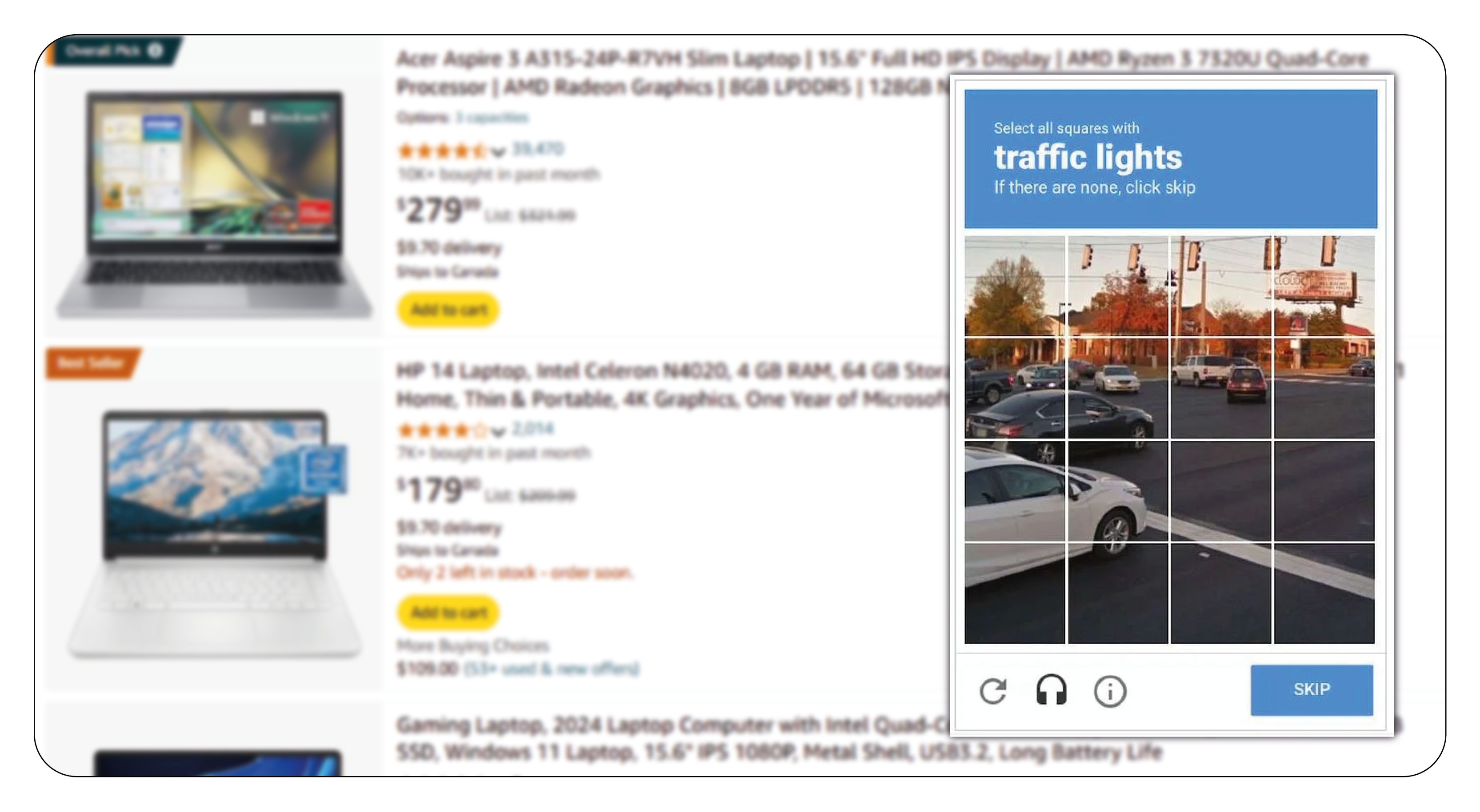
Despite its advantages, web scraping comes with its own set of challenges:
1. Anti-Scraping Measures: Many websites use CAPTCHA, IP blocking, and dynamic content to prevent scraping. To overcome these, businesses can use techniques like proxy rotation, CAPTCHA-solving services, and advanced scraping tools.
2. Data Quality Issues: Extracted data may contain inconsistencies or errors. Regular data validation and cleaning processes are essential to maintain accuracy.
3. Regulatory Compliance: Laws such as GDPR and CCPA restrict data collection. Businesses must ensure compliance to avoid legal penalties.
The Future of Web Scraping in E-commerce

As e-commerce continues to grow, web scraping's role in product listing management will become even more significant. Advancements in artificial intelligence and machine learning will likely enhance the efficiency and sophistication of web scraping tools, enabling businesses to extract deeper insights and automate more complex tasks.
Furthermore, integrating web scraping with other technologies like predictive analytics and natural language processing will empower businesses to anticipate customer needs, personalize their offerings, and stay ahead of competitors.
Conclusion
Web scraping is a transformative tool for enhancing e-commerce product listing management. Providing real-time insights into pricing, inventory, customer preferences, and market trends empowers businesses to make data-driven decisions that improve customer experience and drive growth. However, to fully harness its potential, businesses must approach web scraping ethically and strategically, ensuring compliance with legal standards and best practices. As the e-commerce landscape continues to evolve, web scraping will remain a cornerstone of success for businesses seeking to thrive in this competitive arena.
At Product Data Scrape, we strongly emphasize ethical practices across all our services, including Competitor Price Monitoring and Mobile App Data Scraping. Our commitment to transparency and integrity is at the heart of everything we do. With a global presence and a focus on personalized solutions, we aim to exceed client expectations and drive success in data analytics. Our dedication to ethical principles ensures that our operations are both responsible and effective.








































.webp)






